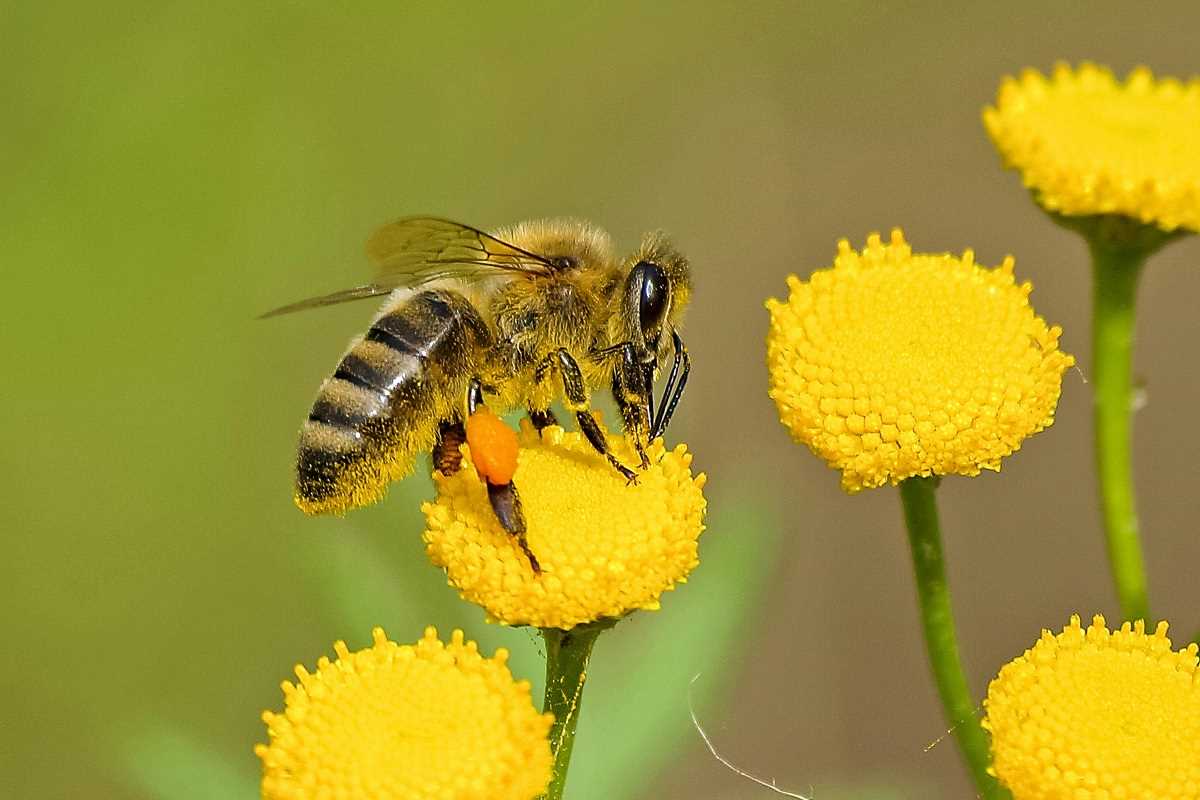As the world contends with pressing environmental challenges like climate change, biodiversity loss, and pollution, the need for skilled professionals who can tackle these issues is more urgent than ever. Advanced degrees in environmental science play a significant role in arming individuals with the expertise and tools to address these global problems through innovation, leadership, and informed decision-making.
Whether it's formulating policies to combat greenhouse gas emissions, designing systems for sustainable urban development, or preserving endangered habitats, an advanced degree in environmental science equips graduates with the knowledge to drive meaningful change. Here’s a closer look at how these degrees shape sustainable career goals and open the door to a wide array of impactful opportunities.
Preparing for Global Challenges
Environmental challenges are increasingly complex and interconnected, requiring more than just surface-level understanding. Advanced degrees, such as a Master's or Ph.D. in Environmental Science, provide a deep and multidisciplinary education that equips professionals to address these issues holistically.
Skills and Knowledge Acquired
Students in these programs gain expertise in key areas like ecology, environmental chemistry, climate science, and systems thinking. Courses often combine theory with practical application, allowing students to analyze data from real-world environmental studies and develop actionable solutions.
For example, a graduate student might examine the effects of deforestation on regional weather patterns or study how microplastics impact marine organisms across ecosystems. Beyond technical training, such programs emphasize critical thinking, problem-solving, and collaboration—skills that are indispensable in sustainability-focused roles.
Students often specialize in areas like renewable energy, environmental policy, water resource management, or sustainable agriculture, tailoring their expertise to align with specific career goals. This focused knowledge ensures that graduates are not only well-versed in the science behind environmental issues but also prepared to implement real-world solutions.
Career Paths in Environmental Science
An advanced degree opens the door to diverse career opportunities across public, private, and nonprofit sectors. Graduates can choose paths in research, policy-making, conservation, corporate sustainability, and more—all dedicated to creating a greener, more sustainable future. Here’s how these fields contribute to shaping rewarding careers:
1. Environmental Research and Academia
Many advanced degree holders enter research roles, either in academia or specialized environmental organizations. These professionals work to expand our understanding of ecosystems, climate systems, and the human-environment relationship. For instance, researchers might study drought patterns to inform agricultural policies or develop innovative techniques for carbon sequestration.
For those passionate about teaching, academic roles allow graduates to pass on their expertise to the next generation of environmental scientists while contributing to groundbreaking research.
2. Environmental Policy and Advocacy
Policy-making is another avenue where graduates can make significant contributions. Those with advanced degrees often work in government agencies or nonprofit organizations, drafting legislation and policies aimed at mitigating environmental degradation. They might develop clean energy standards, advocate for wildlife conservation laws, or design regulations to reduce industrial pollution.
Additionally, environmental advocates bridge the gap between science and public understanding. By simplifying complex data for policymakers and communities, these professionals inspire action and build support for sustainable initiatives.
3. Conservation and Natural Resource Management
For those passionate about preserving natural environments, roles in conservation or resource management can be incredibly fulfilling. Graduates may work with nature reserves, nonprofit organizations, or governmental agencies to protect endangered species, restore degraded ecosystems, or promote sustainable forestry and agricultural practices.
Conservationists also play a vital role in educating local communities on the importance of biodiversity and sustainable practices. This not only protects ecosystems but also strengthens livelihoods in environmentally sensitive areas.
4. Corporate Sustainability and Environmental Consulting
The private sector is increasingly turning to sustainability experts to improve their environmental practices and policies. Professionals with advanced environmental science degrees are sought after to lead corporate sustainability efforts, ensuring companies monitor their carbon footprints, adopt green supply chains, and comply with environmental regulations.
Environmental consultants provide similar expertise but on a broader scale. They advise organizations across industries—from renewable energy firms to construction companies—on implementing sustainable practices, assessing environmental risks, and designing eco-friendly solutions.
The Role of Advanced Education in Driving Innovation
One of the greatest benefits of pursuing an advanced degree is the emphasis on innovation. Graduate programs encourage students to ask bold questions and pursue original research that contributes to solving global environmental concerns. Whether it’s designing new renewable energy technologies or improving waste recycling systems, this innovative thinking is critical to sustainability efforts.
Leadership is another key area nurtured through advanced education. Graduates are often called upon to lead interdisciplinary teams that bring together experts from science, engineering, economics, and public policy. These leadership roles enable them to align sustainability goals across diverse sectors, amplifying their impact on both the environment and the economy.
Bridging the Public and Private Sectors
Another distinguishing feature of advanced degrees is their ability to prepare professionals for careers that span both public and private sectors. For instance, someone who starts in biodiversity conservation may later transition into corporate roles designing nature-positive business strategies. Similarly, experts in environmental economics can advise governments on eco-friendly taxation while also consulting for private enterprises aiming to adopt more sustainable financial practices.
This fluidity allows professionals to bring a valuable combination of scientific rigor, policy expertise, and corporate insight to their roles, making them versatile agents of change.
At its core, an advanced degree in environmental science represents more than just specialized knowledge—it’s a commitment to shaping a sustainable future. It empowers professionals with the skills and confidence to confront global challenges, ensuring that their career paths contribute to ecological resilience and better human livelihoods.
For anyone passionate about making a lasting impact, pursuing an advanced degree opens the door to meaningful work that goes beyond personal achievement. It’s a step toward innovation, leadership, and collaboration needed to protect the planet for future generations. Whether reshaping industries, revitalizing ecosystems, or influencing global policies, graduates are at the heart of the push for a sustainable tomorrow.
 (Image via
(Image via





